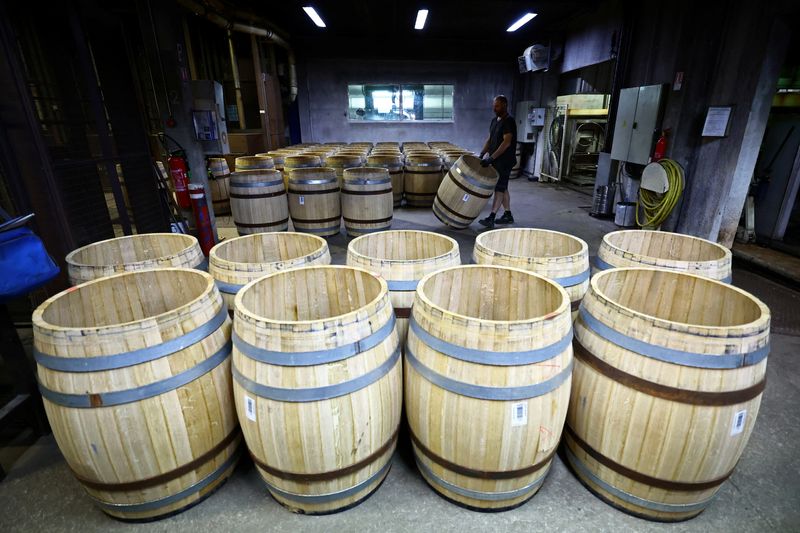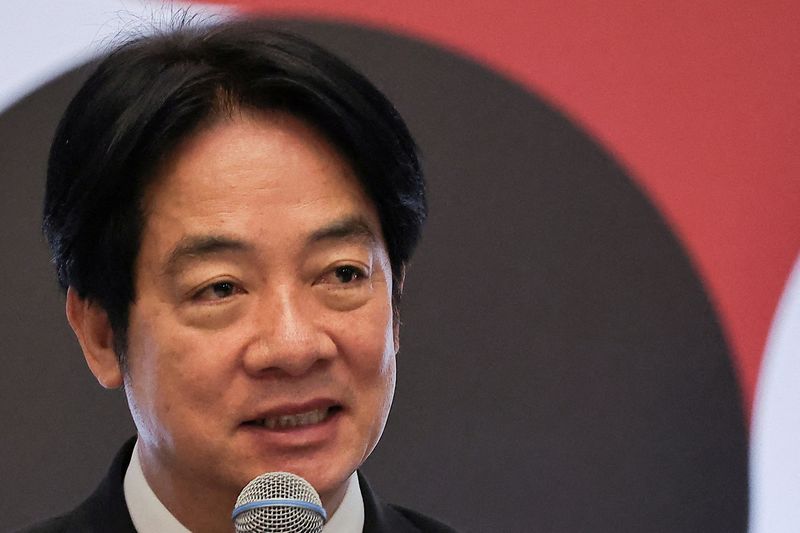Investors have to consider various factors when contemplating the decision related to an investment. Usually, the main aspects they take into account are the risks and returns they get from it. However, other factors also play a role in their decision-making process. One of these includes the timing of the returns and initial investment made.
For most securities, the maturity period defines the time when investors can get their initial investments back. The longer this period is, the more investors have to wait. It also means that investors can’t use their invested money for other projects or investments. Therefore, investors need compensation for investing their money for prolonged periods of time.
What is Maturity Premium?
Maturity premium, also known as maturity risk premium, is the compensation investors expect for investing in securities with late maturity dates. Usually, maturity risk premium entails two types of risks, including interest rate risk and reinvestment risk. The longer investors hold an investment, the higher these risks will be. Therefore, for long maturity period investments, investors will require a higher maturity premium.
In short, the maturity risk premium for investment increases with an increase in the time to its maturity. Investors can calculate the maturity premium for specific security by comparing it with identical securities. The maturity risk premium will depend on the difference between each securities maturity period. Usually, maturity premium applies to debt instruments, such as bonds.
Maturity premium applies to all long-term securities. Most of these instruments carry higher interest rates, which is due to the extended maturity period. The market premium also plays a role in establishing bond prices. It is because the price of a security or investments carries higher fluctuations due to fluctuating market interest rates.
How to calculate the Market Premium?
Investors can calculate the market premium, as mentioned above. However, this calculation is merely an estimate and does not measure the market premium accurately. As stated above, the longer the maturity period for security is, the higher the market premium will be. Therefore, securities with a 5-year maturity will carry a lower maturity premium than 3-year securities.
Investors can use the following market premium formula to estimate the market premium for security.
Market Risk Premium = Yieldn+m – Yieldn
In the above formula for maturity premium, Yieldn+m represents the yield on a bond with a maturity of n+m. Yieldn, on the other hand, represents the yield on a bond with n years maturity. As mentioned above, these bonds need to be identical.
Why is the Maturity Premium important?
The maturity premium is important for investors as they can get higher returns on longer maturity investments. It is because these investments lose value before they reach maturity. Therefore, investors need compensation to cover this risk. It also helps companies and other issuers in securing finance for prolonged periods.
Investors also face other risks associated with these investments, including the interest rate risk and reinvestment risk. Both of these can be detrimental to investors. Therefore, they need the market premium to cover these risks. Overall, the market premium provides investors with an extra incentive to invest in long-maturity securities.
Conclusion
Investors face various risks when investing in long-maturity investments. Therefore, they need to get compensation for it. The maturity premium is any additional payment that investors can get on long-maturity investments. It is important for both the issuer and the bondholder, as stated above.
Further questions
What's your question? Ask it in the discussion forum
Have an answer to the questions below? Post it here or in the forum




